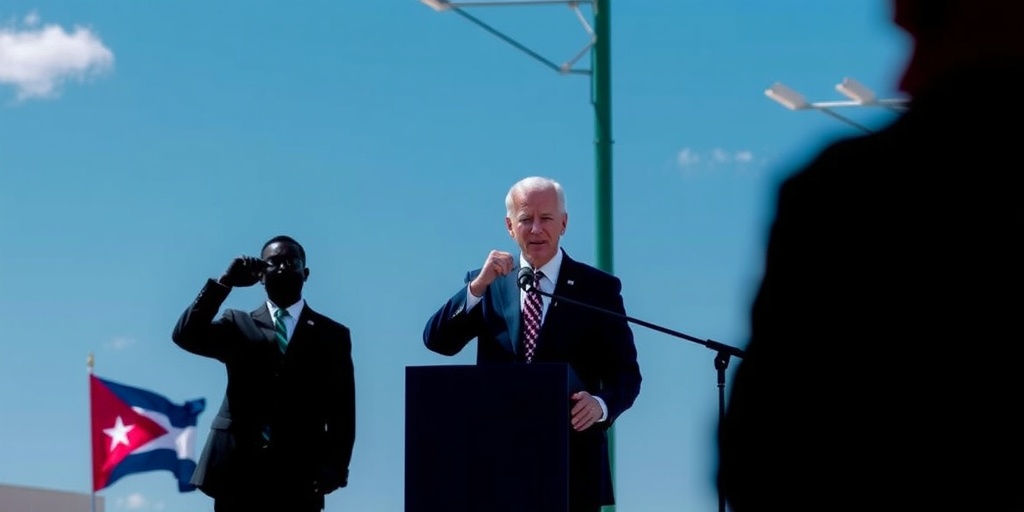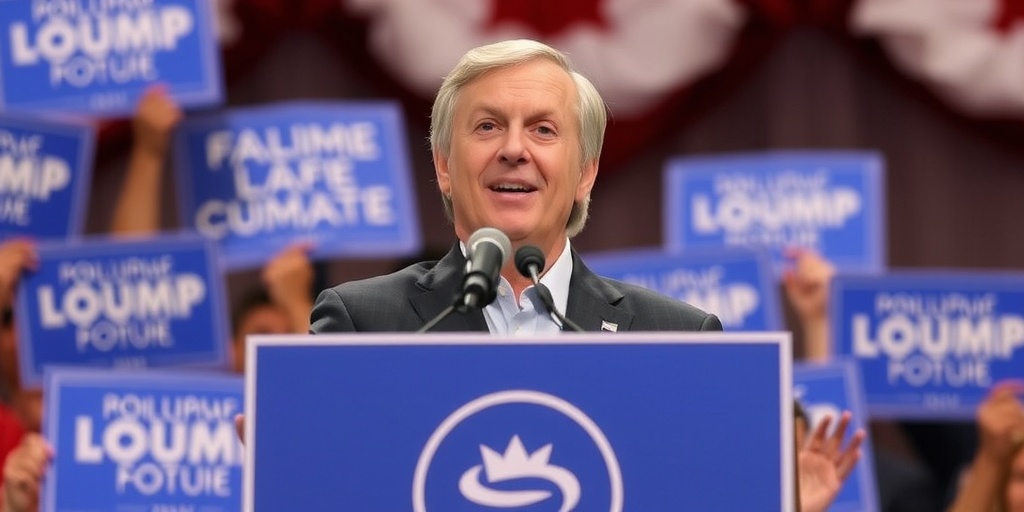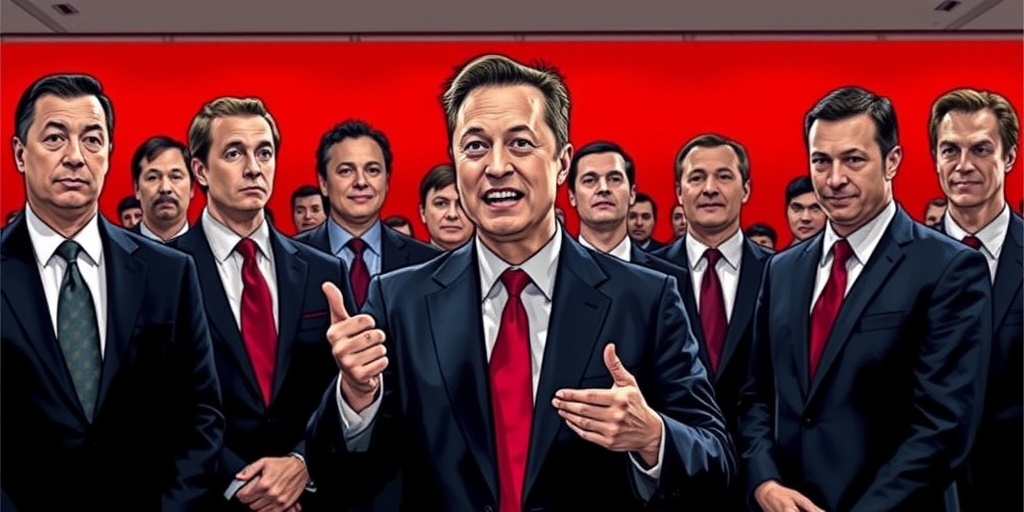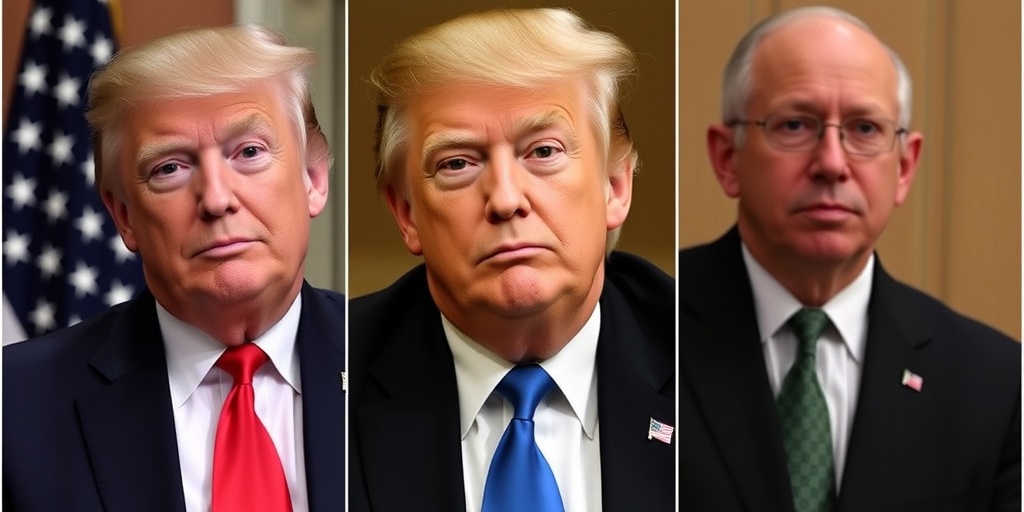Now Reading: Biden to Remove Cuba from Terrorism Sponsor List
-
01
Biden to Remove Cuba from Terrorism Sponsor List
Biden to Remove Cuba from Terrorism Sponsor List

Biden Administration Removes Cuba from Terrorism List, Aiming for Economic Relief and Human Rights Progress
In a significant policy shift, President Joe Biden has announced the removal of Cuba from the United States’ list of state sponsors of terrorism, as confirmed by U.S. officials on Tuesday. This decision is part of a broader initiative that aims to facilitate the release of protesters who were imprisoned during a harsh crackdown by the Cuban government following widespread demonstrations in July 2021.
The announcement comes at a pivotal moment in U.S.-Cuba relations, indicating a potential thaw between the two nations. Biden’s action is emblematic of his administration’s evolving foreign policy strategy as he navigates the final days of his presidency. The move is expected to bolster Cuba’s struggling economy, as it would allow for greater financial interaction and investment from American banks and businesses that had previously been hesitant to engage due to the stringent regulations related to Cuba’s designation.
Historically, U.S. relations with Cuba have been marked by a series of contentious decisions by different administrations. Under President Barack Obama, Cuba was removed from the terrorism list in a bid to normalize relations, signaling a new approach toward diplomacy and engagement. However, this policy was reversed by former President Donald Trump, who reinstated Cuba on the list just before leaving office in January 2021. The back-and-forth nature of U.S. policy towards Cuba illustrates the complexities involved in achieving a stable and constructive relationship.
The impetus for Biden’s decision appears to be tied not just to diplomatic considerations but also to humanitarian concerns. U.S. officials, speaking on condition of anonymity, indicated that the move was partly driven by efforts led by the Catholic Church to negotiate the release of political prisoners in Cuba. In the wake of the 2021 protests—one of the largest displays of dissent against the Communist regime in six decades—thousands were arrested, and many were subjected to extreme measures by the government, including detainment without fair trials.
Human rights organizations have raised alarms over the treatment of those incarcerated during and after the protests, with reports of torture and unjust sentencing becoming increasingly prevalent. Human rights advocates contend that the inclusion of Cuba on the terrorism list was not only unfounded but served to undermine the potential for improving human rights conditions on the island.
Experts in Cuban affairs have also voiced their criticisms regarding the rationale behind Cuba’s previous designation as a state sponsor of terrorism. William LeoGrande, a prominent Cuba expert at American University, articulated that the statutory requirements for such a designation specify that a state must provide material support to terrorists engaged in active terrorism. He pointed out that Cuba has not engaged in activities that meet these criteria, which renders its classification as a terrorism-supporting nation questionable.
While it is known that several U.S. fugitives reside in Cuba—individuals who committed politically motivated acts against the U.S.—these cases do not align with international terrorism as defined by most experts. These factors highlight the need for a reassessment of Cuba’s standing on the terrorism list, one that could lead to a more constructive relationship between Cuba and the United States.
Despite Biden’s recent announcement, the uncertainty regarding the future of U.S.-Cuba relations persists, particularly in light of the significant influence Trump and his administration had on Cuban policy. Questions remain about whether the incoming administration under Trump, should he return to power, will seek to reverse Biden’s decision, which could disrupt the potential progress toward improved relations.
In removing Cuba from the terrorism list, the Biden administration is not merely making a diplomatic gesture; it is taking a step that could enhance the prospects for economic recovery in Cuba while simultaneously addressing pressing human rights issues that have plagued the island nation for years. As the new decade unfolds, eyes will be on how this decision impacts both the Cuban population’s welfare and the broader geopolitical climate between the two nations.
By prioritizing dialogue, economic engagement, and human rights advocacy, the Biden administration aims for a renewed approach that reflects America’s commitment to justice and democracy, both at home and abroad. The decision to remove Cuba from the list of state sponsors of terrorism could open doors for historical shifts in relations with the island nation, and the future will determine the long-term implications of this crucial move.
Stay Informed With the Latest & Most Important News
Previous Post
Next Post
-
 01New technology breakthrough has everyone talking right now
01New technology breakthrough has everyone talking right now -
 02Unbelievable life hack everyone needs to try today
02Unbelievable life hack everyone needs to try today -
 03Fascinating discovery found buried deep beneath the ocean
03Fascinating discovery found buried deep beneath the ocean -
 04Man invents genius device that solves everyday problems
04Man invents genius device that solves everyday problems -
 05Shocking discovery that changes what we know forever
05Shocking discovery that changes what we know forever -
 06Internet goes wild over celebrity’s unexpected fashion choice
06Internet goes wild over celebrity’s unexpected fashion choice -
 07Rare animal sighting stuns scientists and wildlife lovers
07Rare animal sighting stuns scientists and wildlife lovers




















